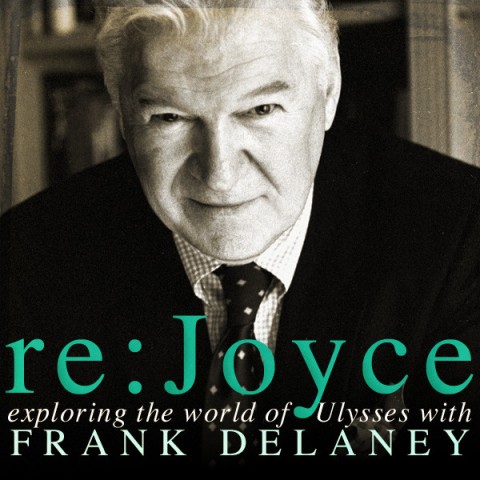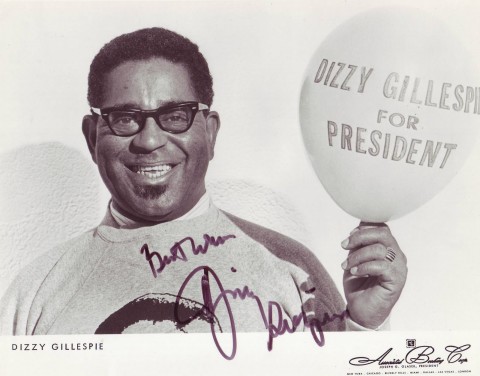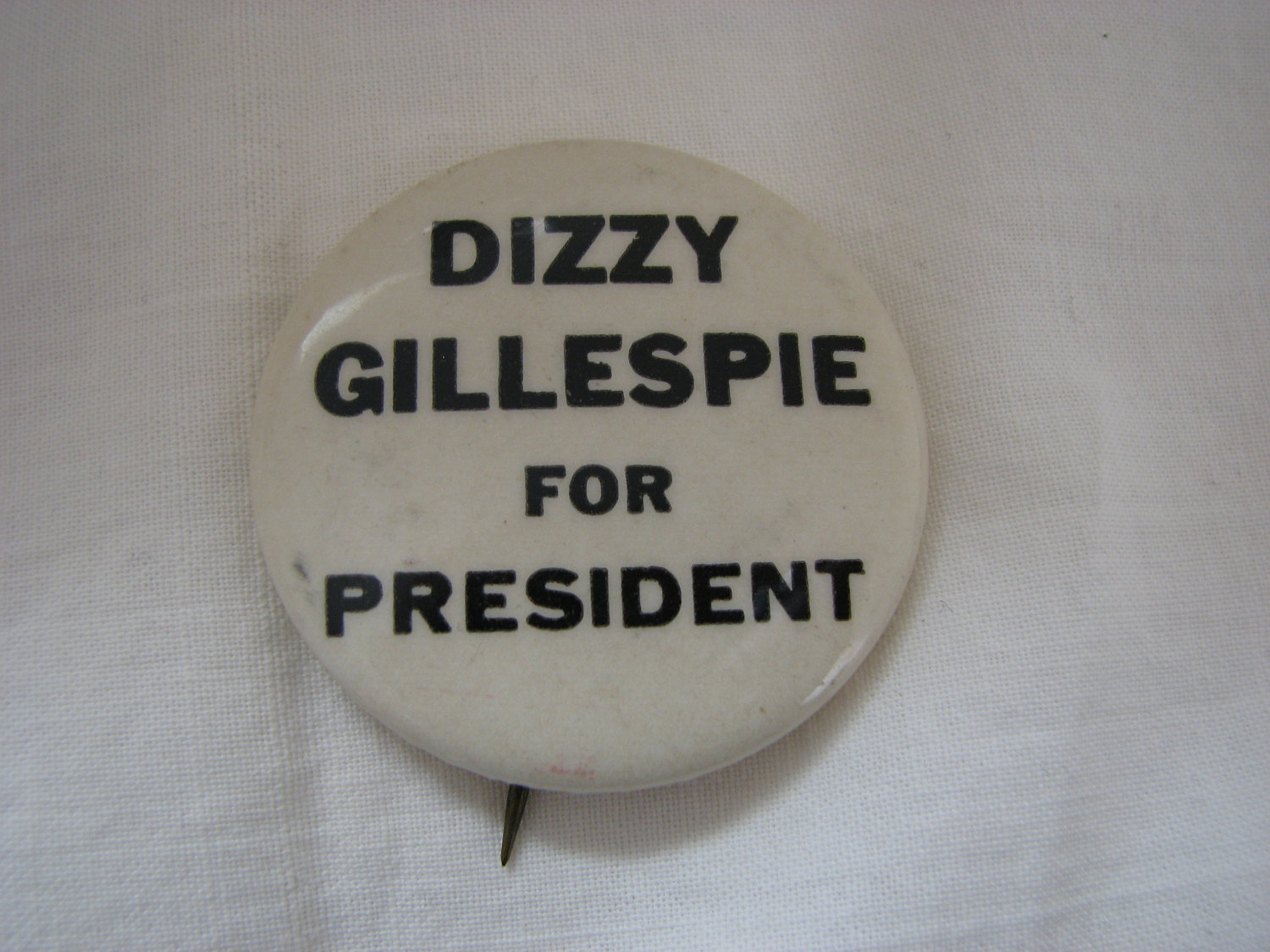Forget gravity. Forget even irony. The universe knows no greater force, as it were, than the collective enthusiasm of Star Wars fans. 35 years after the first of them came out, the films’ power to inspire remains unsettlingly immediate and widespread. Or at least that goes for the original trilogy of Star Wars movies, the first of which, A New Hope, underwent a popular fan-made remake in 2009. The result, Star Wars Uncut, didn’t come as the project of a single enterprising aficionado plopping himself into the George Lucas seat, but as a fully “crowd-sourced” motion picture assembled out of fifteen-second clips shot by contributors called to action by one Casey Pugh. The hypnotic result, whose final cut first screened earlier this year and which you can watch above, offers Star Wars as patchwork quilt, the construction of its squares ranging from deliberately lo-fi (not to mention non-deliberately lo-fi) to surprisingly credible.
With one down, the next two of those beloved movies await. The Empire Strikes Back Uncut, whose trailer appears just above, has now officially opened to contributors, who can claim a fifteen-second segment of their own to re-create. They get thirty days to submit the fruit of their cinematic labors, and then the entire film re-opens to accept another round of submissions. This might seem like the kind of irreverent homage that would irk the creator of the original, but Lucasfilm has actually endorsed the project this time around. Will their involvement extinguish the underground scrappiness of the earlier effort? Will fans choke under the awesome responsibility of reinterpreting The Empire Strikes Back, that most respected of all Star Wars properties? They’re questions of import to a true believer, though that believer might take solace in the top-voted reaction in Star Wars Uncut’s YouTube comments: “Still better than The Phantom Menace.”
via MetaFilter
Related content:
Star Wars Retold with Paper Animation
Colin Marshall hosts and produces Notebook on Cities and Culture. Follow him on Twitter at @colinmarshall.






